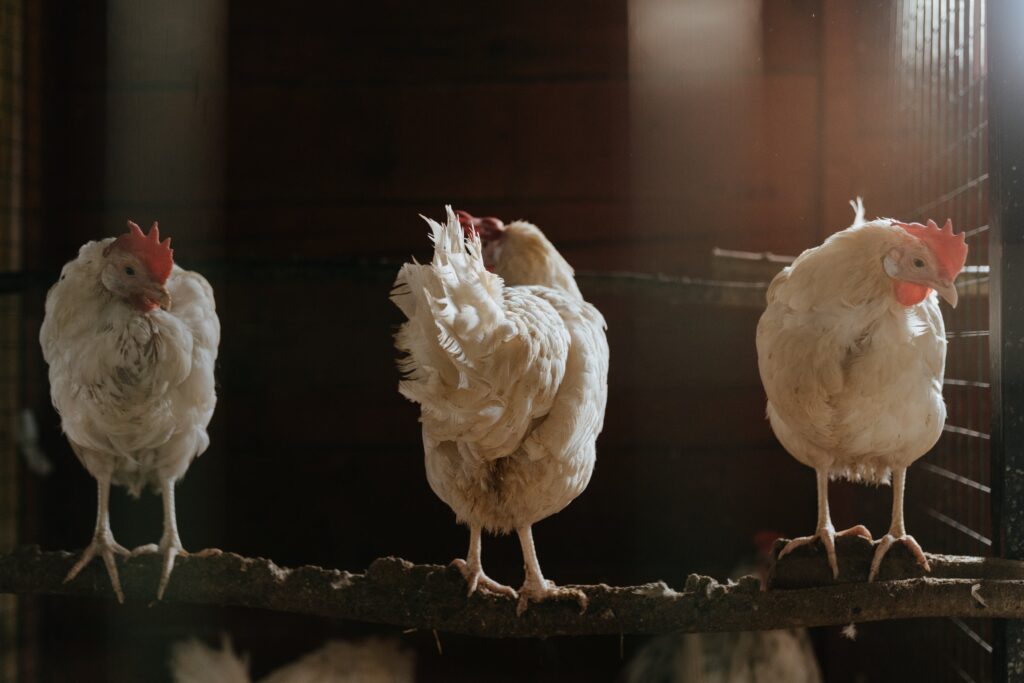Embarking on the journey of raising chickens offers a rewarding blend of sustainability and the simple joys of farm life, even in your backyard. Whether you’re dreaming of fresh eggs every morning or just want to add some feathery friends to your garden, setting up a chicken coop requires careful planning to ensure the well-being and security of your new pets. Here’s a guide to help you create a perfect habitat for your chickens, focusing on their comfort, safety, and your convenience.

The ideal chicken coop
A well-thought-out chicken coop is crucial for the health and happiness of your chickens. The coop should be protected from direct sunlight yet well-lit and ventilated, avoiding drafts that could expose the birds to extreme temperatures.
Orientation and location are key; ideally, your coop should face southeast to catch the warm morning sun while providing shade during the hotter midday hours. Consideration for your neighbors is also important—keep the coop away from property lines to minimize noise and odor complaints. If raising chicks isn’t in your plans, or if you prefer a quieter life, you might opt to skip adding a rooster to your flock to avoid early morning wake-up calls.
Security measures
Predators are a significant threat to backyard chickens, necessitating sturdy fences to keep out foxes and other wildlife. Ensure your fencing is tall enough and the mesh tight enough to prevent escapes into your vegetable garden or flower beds. A 25 x 30 cm entry allows the hens to move freely, with a sliding board to secure the coop at night.
Adapting to their lifestyle
Chickens are diurnal, aligning their routines with the sunlight. They typically don’t settle for the night until late in the summer evenings. A spacious coop, possibly with an attached run, provides ample room for daytime activities. Using a bucket of grain to lure them back to the coop in the evening ensures they’re safely tucked away. The amount of indoor space required depends on their access to outdoor areas—a few free-ranging hens need less indoor space than those confined to a smaller outdoor enclosure. A small group of three hens can supply enough eggs for a family, making them a practical and enjoyable addition to your home.
Ensuring their well-being is about more than just providing space. Overcrowding can lead to stress, evidenced by excessive scratching and bare patches on the ground. It’s crucial to maintain a clean, comfortable environment for your chickens. Avoid grooved wood and siding that can harbor mites and lice; corrugated metal is an ideal material for coop construction due to its durability and ease of maintenance. Proper ventilation helps prevent condensation, mold, and bacterial growth, keeping your chickens healthy. Remember to hang feeders and waterers to prevent spillage, offer unlimited eggshell access for calcium, and if space allows, include a dust bath area for feather care.
Raising chickens in your backyard brings a slice of the countryside to your home, contributing to a sustainable lifestyle with the added joy of fresh eggs. By following these guidelines, you can ensure a harmonious, healthy life for your feathered friends, providing them with a safe, comfortable environment that meets their needs and enhances your garden’s ecosystem.

 Open Immovlan
Open Immovlan